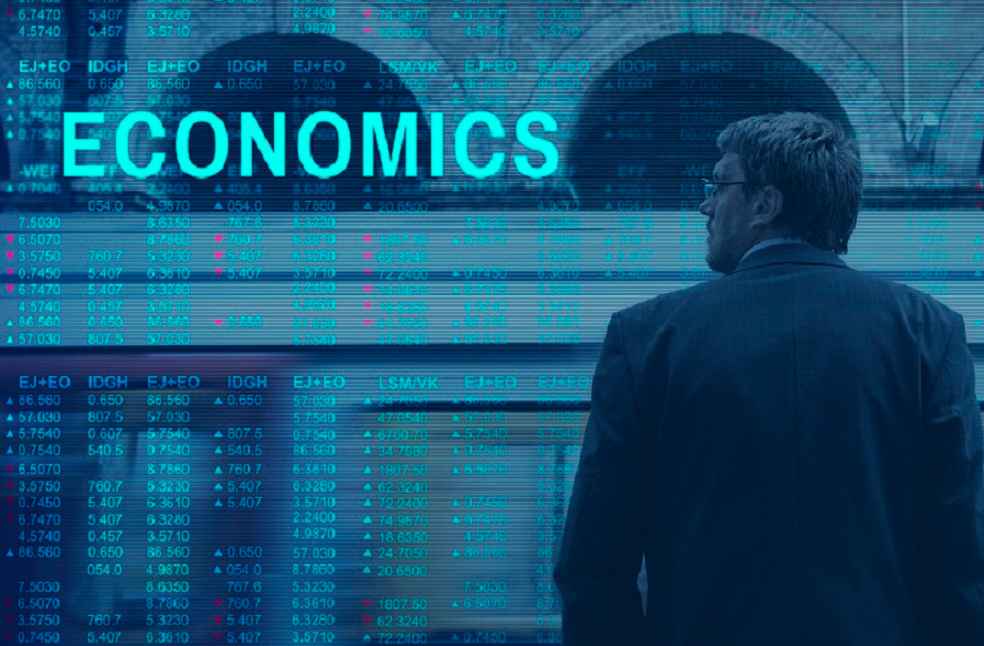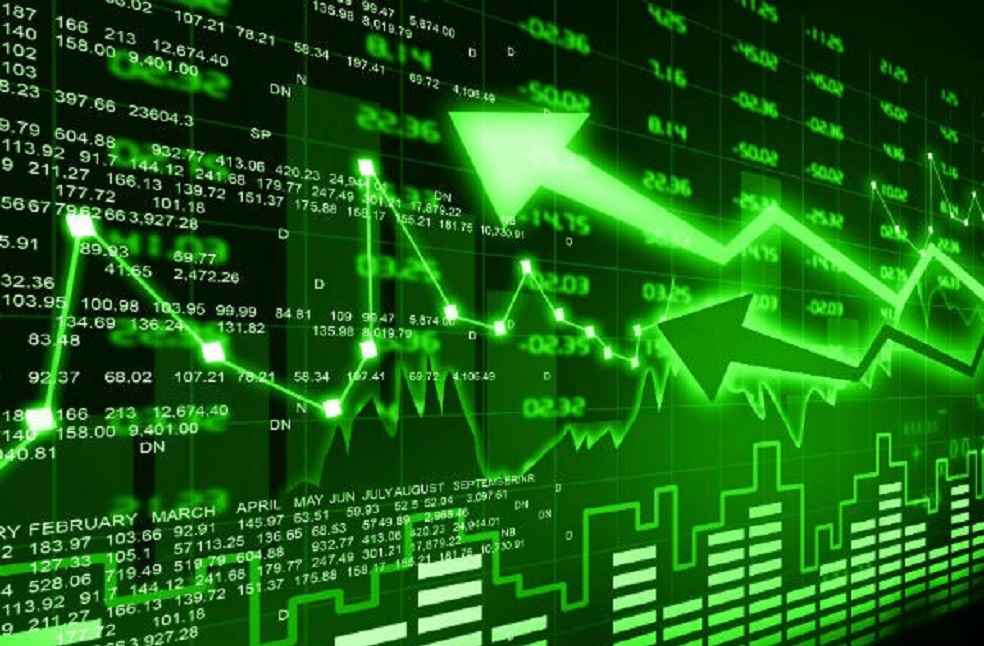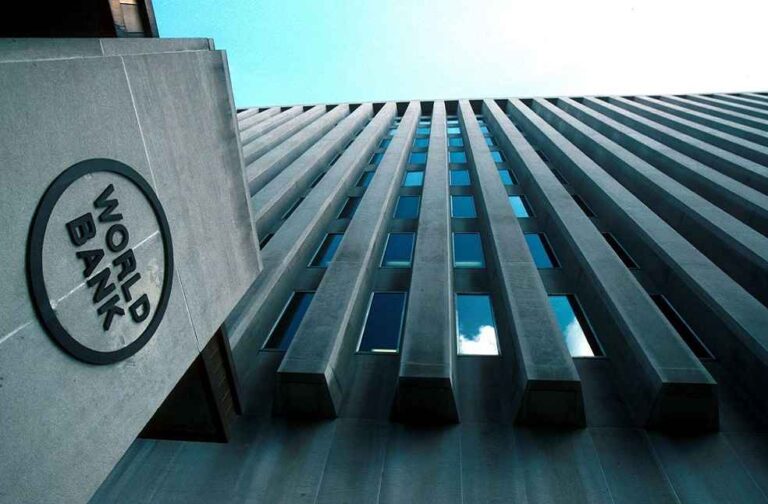The global economy is set to slow significantly in 2025 as rising trade conflicts, primarily driven by U.S. tariffs and policy actions, disrupt international commerce and heighten uncertainty, the World Bank stated in its latest Global Economic Prospects report released Tuesday.
Global output is forecast to expand by just 2.3% in 2025, a decline from 2.8% in 2024 and well below the 2.7% growth projected in January. Despite this slowdown, a global recession is not expected. However, the World Bank cautions that prolonged trade tensions may usher in the weakest decade of growth since the 1960s, particularly stalling development in the world’s poorest regions.
World Bank Chief Economist Indermit Gill noted, “The world economy today is once more running into turbulence. Without a swift course correction, the harm to living standards could be deep.”

At the center of this turbulence is the United States, which has implemented sweeping tariffs this year, including 10% tariffs on a wide range of imports and 50% on steel and aluminum, pushing its average effective tariff rate to its highest level in a century. Tariffs on Chinese imports were increased to 145% before being scaled back to allow room for negotiations.
Meanwhile, U.S. and Chinese officials are engaged in trade discussions in London after a temporary truce began to falter. Both nations have imposed export controls on sensitive high-tech and military-related items, deepening trade friction.
The economic toll is already visible. The World Bank slashed its 2025 growth forecast for the U.S. to 1.4%, down from 2.8% in 2024 and nearly 1% below earlier estimates. The report cites rising trade barriers, financial market volatility, and increased uncertainty as key reasons for weakening investment and consumption.

China is projected to grow at 4.5% in 2025, down from 5% in the previous year. While its exports to the U.S. dropped over 34% in May, the steepest decline since 2020, government fiscal measures are expected to sustain domestic consumption and investment.
The report also underscores that emerging markets and developing economies will continue to grow faster than advanced economies. However, low-income countries are still struggling to recover from pandemic-era losses, with economic growth too slow to reverse the damage.
The World Bank estimates that halving global tariff rates could boost growth by 0.2% over the next two years. It urges not only major economies but also developing nations, which often have some of the highest tariffs, to reduce trade barriers and embrace cooperation. “Economic cooperation is better than any of the alternatives, for all parties,” Gill emphasized.
STOCK MARKET | Asian Stocks Rise Amid Ongoing U.S.-China Trade Talks



